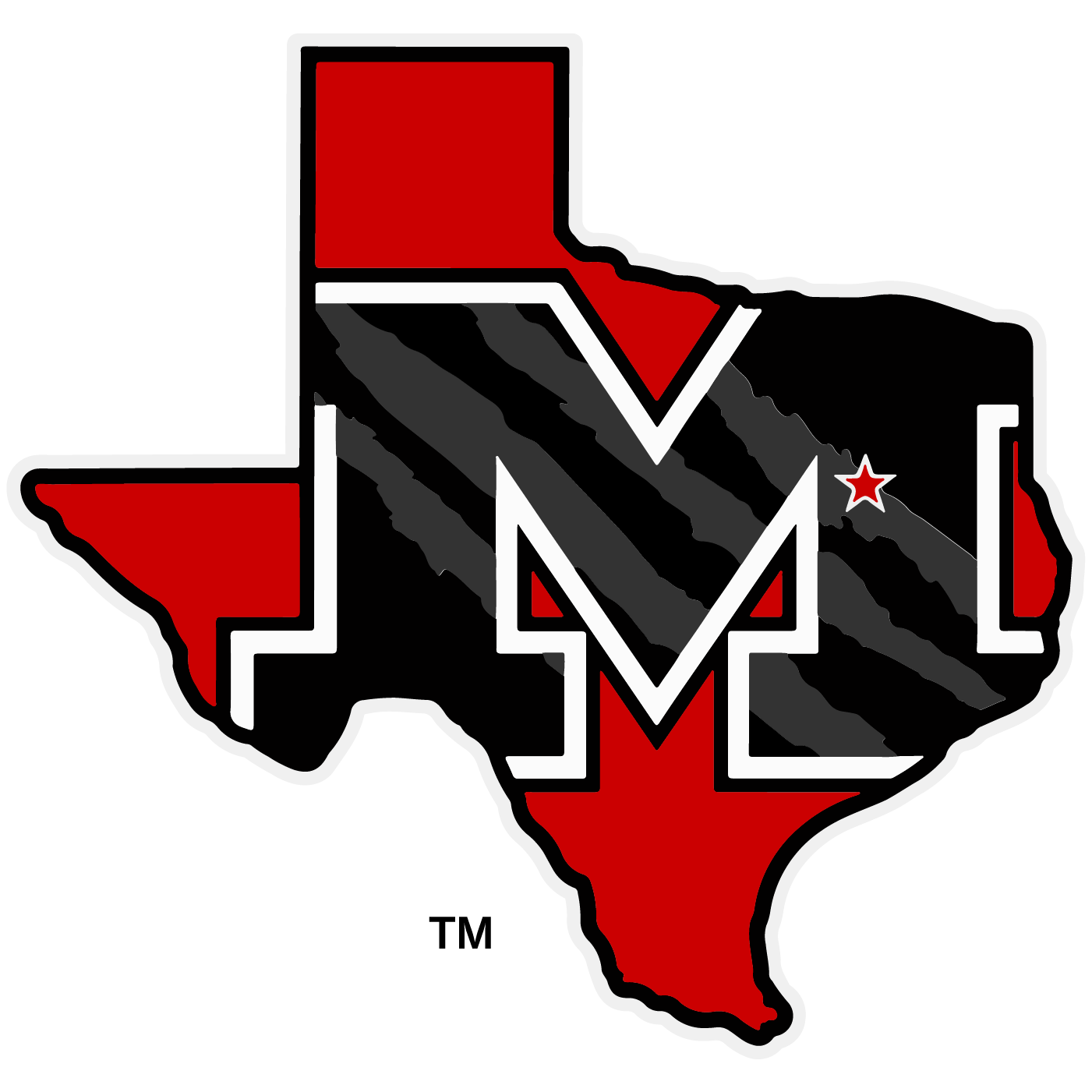SENIOR TIMELINE CHECKLIST
September
Meet with counselors to review college plans based on your ACT/SAT test scores and high school grades thus far
Register to take or retake the ACT and SAT tests, if needed
Make sure your high school transcript is correct and current
Ask adults who know you well (not a family member) to write a letter of recommendation for youMake sure you have completed all required steps in the admission and scholarship process at each school you want to attend
All Texas universities begin taking admission applications on September 1st, if not sooner
Build a resume
Work on scholarships
October
Attend local or regional college fairs and financial aid presentations with your parents
Check your colleges’ scholarship deadlines and adhere to them!! They will be different than the admissions deadlines
Pick up the new Free Application for Federal Student Aid (FAFSA) from your high school or find it online at www.fafsa.ed.gov
Encourage your parents to complete their income tax forms as quickly as possible as this information will be needed to complete the FAFSA. (You will use tax information from 2017)
You can complete the FAFSA online or fill out and mail in the paper form
Plan on attending your high school’s FAFSA night to help complete the FAFSA
Work on scholarships
November
If you have applied to an early decision school, make sure that everything is finalized
Complete the FAFSA, if you have not already done so
Continue to monitor all applications
Work on scholarships
December
Watch your email for responses to applications sent
Watch your email for your Student Aid Report (SAR) from FAFSA. When you receive your SAR report, make sure all of the information is correct
Contact the financial aid office of each school that you listed on the FAFSA and ask for a status report on your request for financial aid. Ask them when you should expect a reward letter
Work on scholarships
January
If you plan to attend a junior college or technical school, check on their admissions, scholarships and financial aid processes
Check on the status of your admissions and financial aid applications as needed
Make sure you have letters of recommendations ready for local scholarships
February
Continue to check the status of your admissions and financial aid applications as needed
Begin applying for local scholarships
March
Continue to check the status of your admissions and financial aid applications as needed
Continue to work on local scholarships
April
Decide which school you plan to attend. Most four year universities want your decision by May 1st
Continue to work on local scholarships
May
Finalize details on paying room deposits, tuition deposits, and other immediate expenses
Make sure your high school counselor knows where to send your final transcript
June
Let your college financial aid office know about any outside scholarships or grants you have received
Review your financial aid reward letter with your parents. Follow the directions completely, sign it, and return it to the financial aid office. If you have questions or concerns, call your school’s financial aid office right away
If you accepted a Federal Work-Study award in your package, it may be your responsibility to find an appropriate job. Check with the financial aid office
July
Attend orientation and or register for classes at school you plan to attend
Provide proof of registration to local scholarship donors
August
Pack for college and look forward to arriving on campus.
